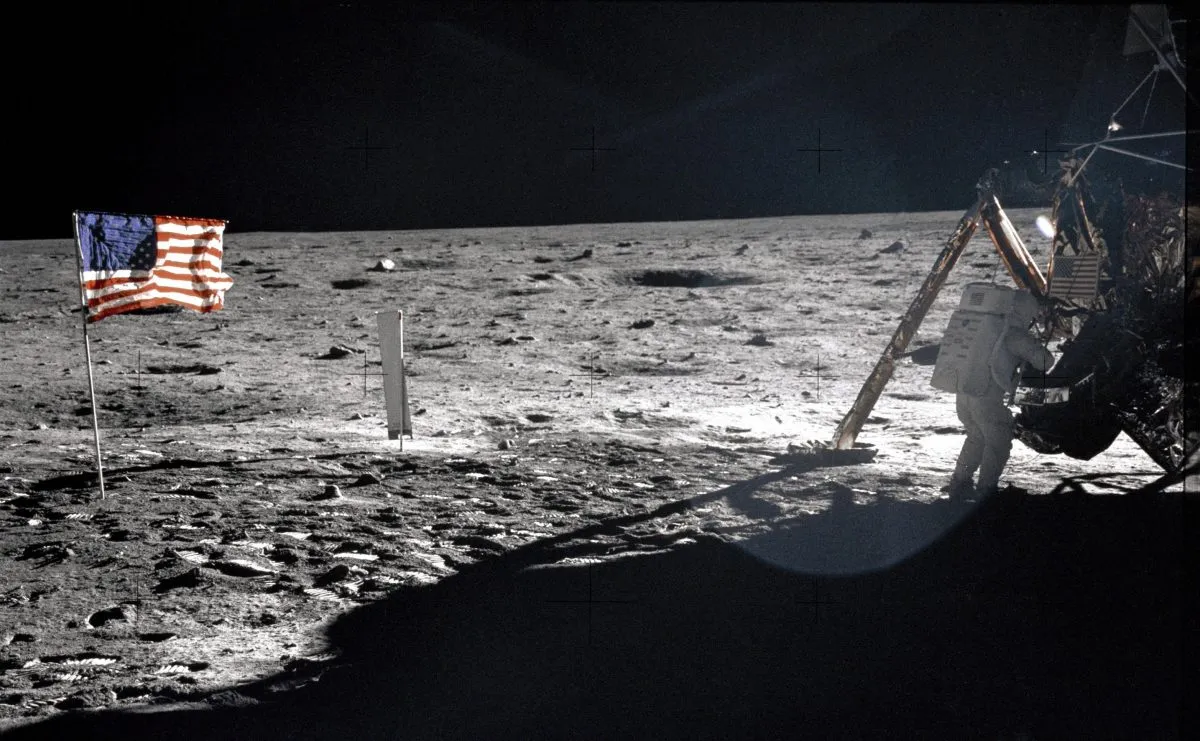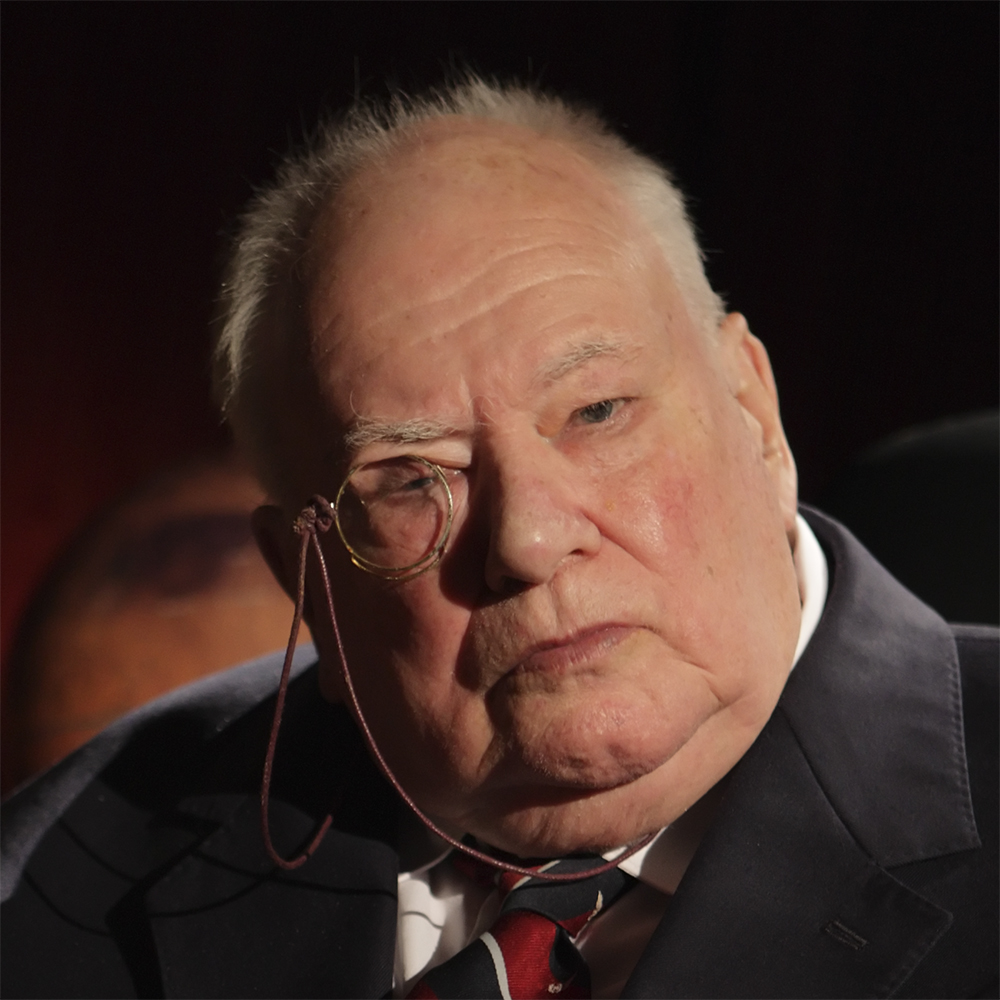If one wanted to select a suitable candidate for the first man on the Moon, surely one should look no further than Neil Armstrong.I feel that I have been particularly privileged to have been involved in a very minor capacity and to have come to know him well, both before and after his lunar trip.
Neil lived to be 82 years old, passing away on Saturday 25 August 2012 following complications from heart bypass surgery.Neil was, in his private life, a rather shy man and always credited others rather than himself.
On meeting him, one was conscious of a quiet confidence that he would be able to tackle any crisis – and this was true.
I was privileged to interview him on his return to Earth. Several interviews followed, but after that he kept very much out of the limelight.
He had been a fighter pilot in the Korean War before becoming an astronaut, and was a teacher after.
He believed in passing on his knowledge to others and for most of his post-Apollo career he taught as a professor at the University of Cincinnati.
There may have been others that could match his skill and his calmness, but I doubt that there is anyone that could have surpassed him.
He disliked giving interviews and in this he differed from fellow Apollo 11 astronaut Buzz Aldrin who was, in the best sense of the word, a publicist.
Having had the chance to talk to both the Apollo 11 pioneers, I am in a good position to write about Neil and, I hope, to address some of the rumours that in my view could be injurious.
Neil Armstrong and Buzz Aldrin were chosen to be the first two men on the Moon, and there has been discussion as to how the ‘first down’ was selected.
It is perfectly true that when we talk about the first man on the Moon, all the attention is given to Neil and comparatively little to Buzz.
Buzz is rumoured to have resented this: claims that were said to be backed up by the fact that the first photographs from the Moon are mainly of Buzz.
In my view there is a perfectly simple explanation for this: Neil was the main cameraman for the mission and obviously would find it difficult to take photos of himself.
Remember, space travel is still a very dangerous business and in the case of the first Moon landing, there were many more uncertainties than before or since.

Of course, we had mapped the Moon exhaustively and the old theory that the lunar maria were coated with soft, treacherous dust had been disposed of.
But only a few years earlier, a leading scientist had claimed that any vehicle landing on the Moon would sink into the soft dust.
If this had been correct, lunar travel would have been virtually impossible.
No one really knew how firm the surface would be.
Furthermore, if the spacecraft landed in an area where there was an unforeseen depression and came down at an angle, it would not have been possible to take off again and return to orbit.
Neil and Buzz showed the way, and others who followed them knew what to expect and what not to expect.
Another of Neil’s virtues in this kind of venture was his quick-wittedness.
When Apollo 11 came down on the Sea of Tranquility, they had only a few seconds of fuel left and just the one chance of making a successful landing.
If they had not taken it and had instead blasted back into orbit there would be another ‘first man on the Moon’.
I must stress that the decision to go ahead with the landing, in spite of the fact that things were not quite as they should be, was Neil’s decision and his alone.
His opinion was vindicated and I think the whole world sighed with relief when he announced: “The Eagle has landed.”
In every way, Neil Armstrong was an ideal person to make the first manned landing.
There may have been others that could match his skill and his calmness, but I doubt that there is anyone that could have surpassed him.
Sir Patrick Moore (1923–2012), was an astronomer, science communicator and presenter on The Sky at Night. This article originally appeared in The Man on the Moon special edition magazine.
